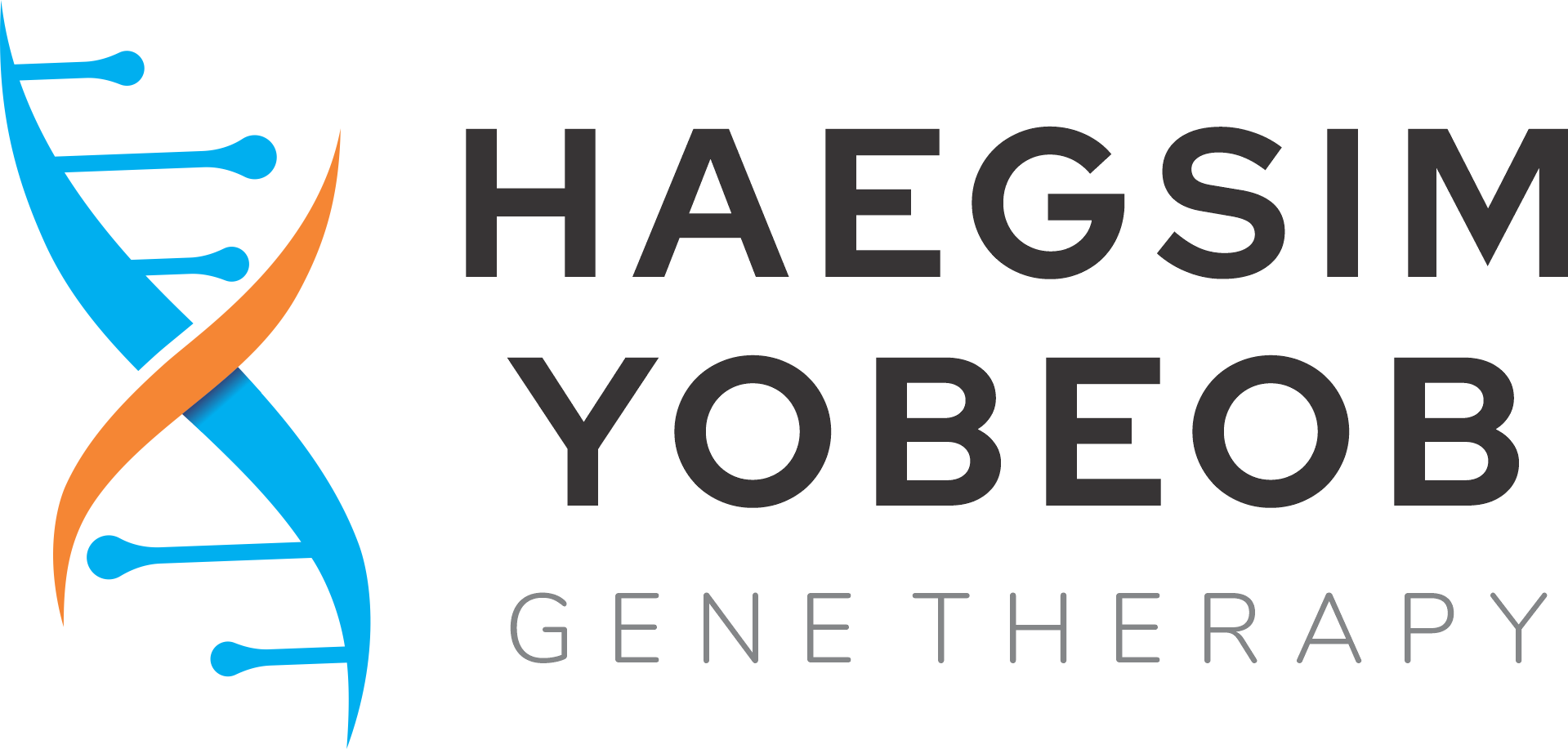The latest and most advanced candidate, GENEX-3, is among the world's first trifold effector gene-drug candidates being assessed for the treatment of heart failure, following evaluation of the initial cohort data. It is a non-viral trifold-effector plasmid created to facilitate the continuous expression of human S100A1, SDF-1a, and VEGF-165 genes, targeting multiple pathways of heart failure. Recently, a Phase 1 trial was conducted to examine the safety and practicality of GENEX-3 by retrograde coronary sinus infusion in heart failure patients with outpatient LVAD. The six-month follow-up data from the Phase 1 trial of GENEX-3 revealed that the study met the primary endpoints needed to evaluate the safety and feasibility of GENEX-3.
Scientific Platform
Gene therapy employs a transport system, called a vector, to introduce a gene that encodes a therapeutic protein into cells within the body.
- Targeted gene therapy for the heart utilizing a novel threefold effector;
- Approved for initial human clinical trials;
- No health or security risks associated with GENEX-3 have been reported so far;
- Encouraging developments in Left Ventricular Ejection Fraction (LVEF) and 6-Minute Walk Test (6MWT) performance;
- Enrollment and administration of the initial Phase I clinical trial of GENEX-3 have been accomplished;
- Investigating sources of finance for furthering GENEX-3, along with growing our range of sophisticated cardiovascular gene therapies.



